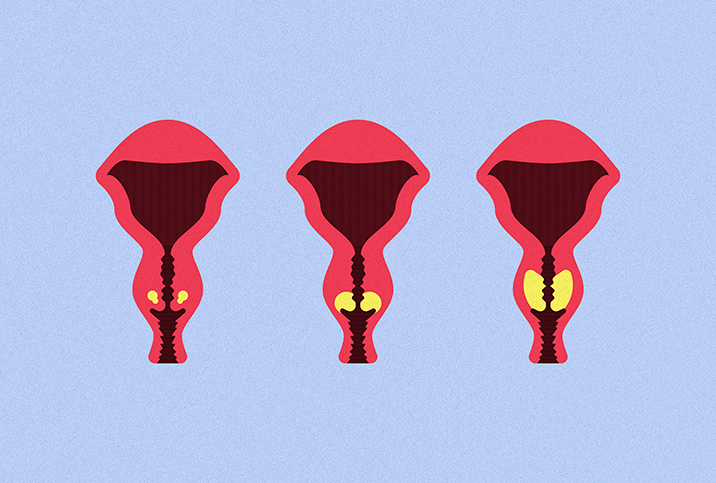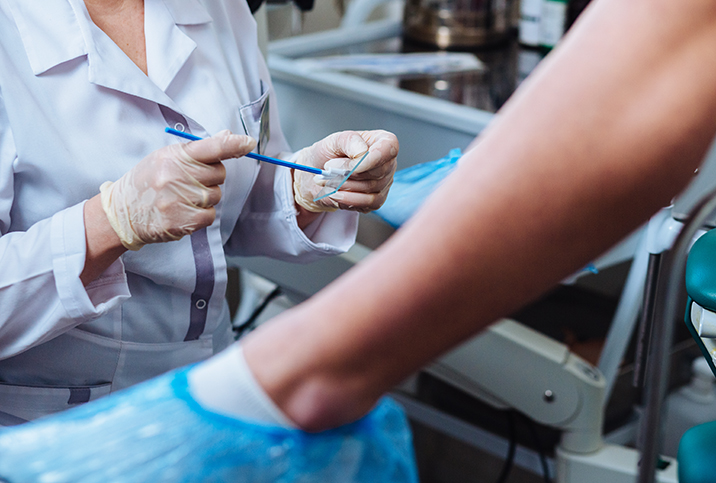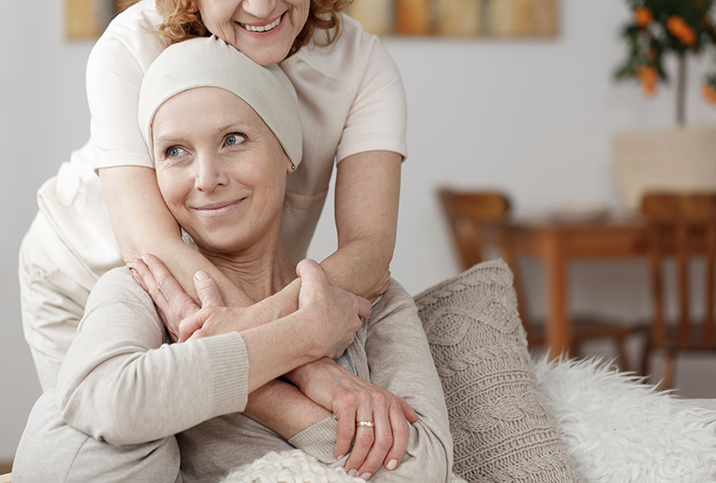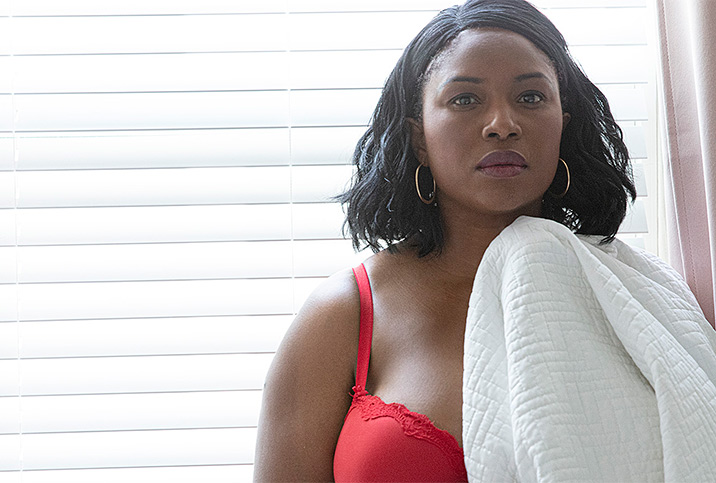Reducing Your Risks for Cervical Cancer

We've discussed many aspects of cervical cancer, and we’ve debunked several myths and misconceptions about the disease. Now, it’s time to talk about prevention.
While there’s no guarantee you can completely prevent any cancer, there are steps you can take to reduce your risks of developing cervical cancer.
High-risk behaviors
The number-one cause of cervical cancer is human papillomavirus (HPV), a sexually transmitted infection (STI). Pelvic infections, including HPV, are the cause of most cervical cancers.
The cervix is an area of the body where exposure to certain strains of HPV can lead to a buildup of abnormal cells, which can affect other nearby tissues if left untreated. Thankfully there has been much research and development of immunotherapies and treatments to help your body's immune system eliminate these abnormal cells. In addition, you can be proactive in protecting and strengthening your body to prevent disease.
Although HPV is the greatest threat, the Centers for Disease Control and Prevention (CDC) has identified other specific risk factors that contribute to a weakened immune system and increase the chances of developing cervical cancer. These risk factors include being HIV positive, smoking, using birth control pills for five or more years and having three or more children.
All these things can prevent your body from properly identifying and eliminating precancerous cell growth. It’s important to work with your doctor if you need help in quitting smoking or changing your birth control method. Receiving routine Pap smears and getting vaccinated against HPV are also recommended.
Boost your immune system
In addition to avoiding high-risk circumstances, eating a balanced diet of fresh fruits and vegetables rich in flavonoids, vitamin B and vitamin A can help support healthy immune system function. You may want to work with a nutritionist who will use the latest guidelines to build a personalized diet plan for you.
These dietary modifications can help keep your immune system ready to fight and may reduce the symptoms of HPV. Taking care of your body and addressing lingering infections such as genital warts or cold sores can also aid your immune system in recovering and improving daily functions.
Diet and lifestyle
The key to dietary choices is "everything in moderation." Cutting back on fat, carbohydrates, fried foods and sugary snacks will help your immune system function better. But eliminating those things from your diet altogether is the best way to not end up returning to familiar eating habits.
Instead of trying to tackle everything on your shopping list this week, start by picking one thing to change and focus on it for a few weeks. For example, swapping out fizzy drinks—which may contain any of the following: sugar, high-fructose corn syrup, sweeteners, flavorings, colorings, caffeine and preservatives—for bottled water. Once you adjust to that change, move on to the next item on the list.
Organize the list from easiest to hardest changes, and start with the easiest so you can build your confidence for tough food choices such as chocolate and alcohol. The goal is to make lasting dietary changes—because long-term, consistently healthy choices can potentially counteract a lifetime of poor nutrition.
This same attitude applies to exercise. Last year was a setback for many of us, especially if your 2020 resolution was to finally use your gym membership. Even mild exercise like walking or yard work is better than being sedentary. Your main goal in getting active should be to sit less. Consider taking your dog for a longer walk, stretch for a few minutes when you first wake up, walk around every hour, work standing up or replace your chair with a yoga ball.
Regardless of your family history and risk factors, diet and lifestyle are the ultimate meter of your immune system’s functions and reducing your risks for cervical cancer.
Taking care of your body should be a daily priority, one that takes time and energy, so be patient with yourself. And when you slip up, know that the occasional indulgence is good for your mental health—and then quit again.


















